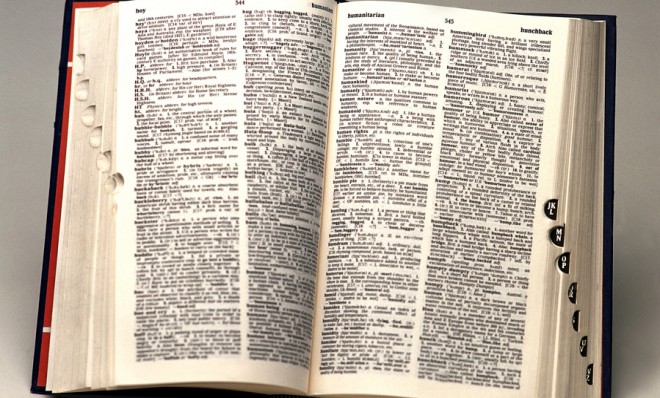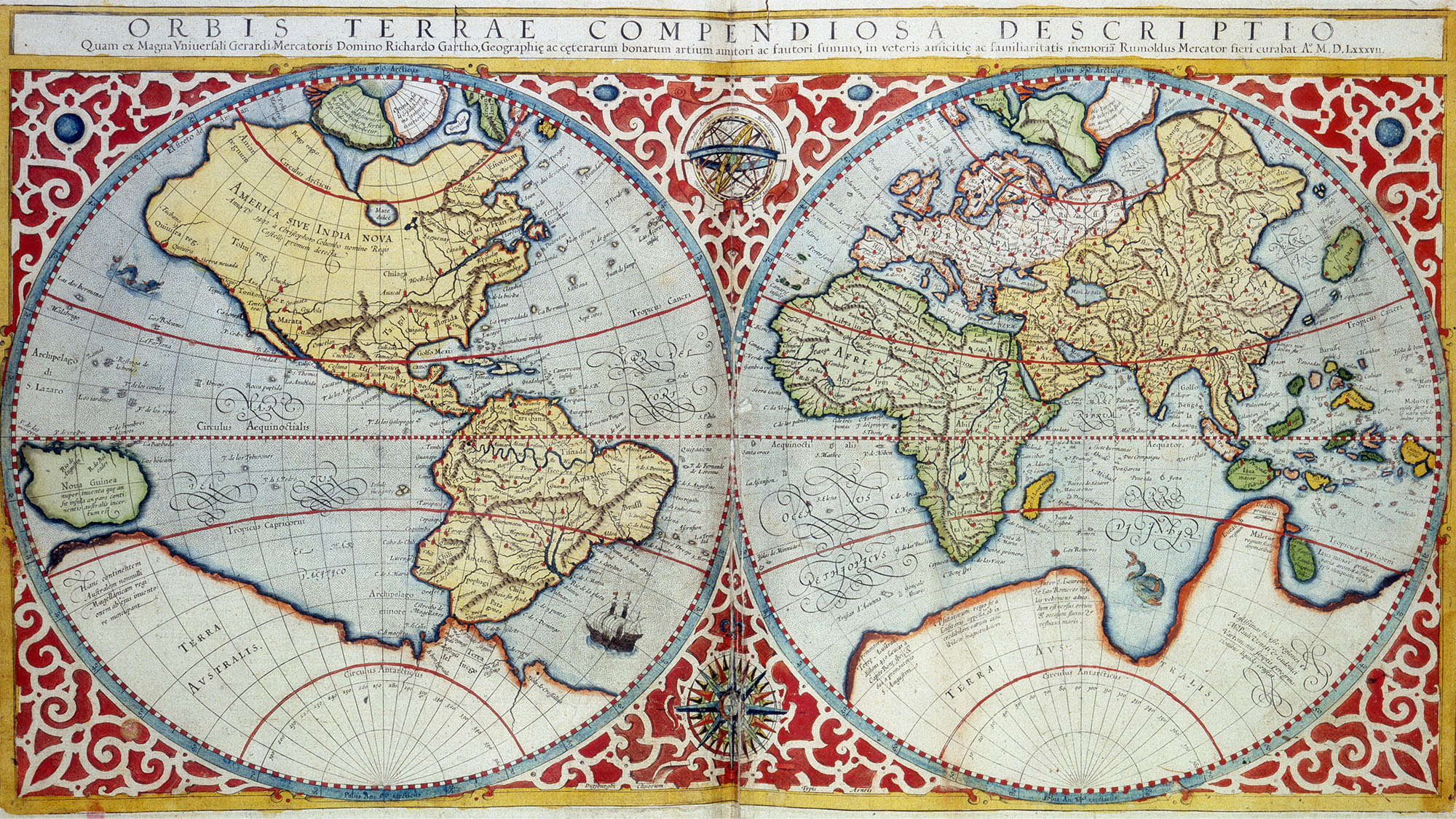9 reasons why print dictionaries are better than online dictionaries
Unplug!

1. When you open a dictionary to any two-page spread, you are usually looking up a word. It is usually the case, though, that your eye wanders. Words are tantalizing, and a dictionary page holds so much information that it is easy to see something else interesting on the page. Print dictionaries allow for serendipity.
2. In a print dictionary, the senses/definitions of the words are not on separate lines as in an online dictionary. In print, a word's entry is presented in a wraparound paragraph form. Finding the sense and the information you are looking for is a great way of making the brain exercise. If you are reading the entry for the pronunciation, the brain exercise extends by requiring you to either already understand the dictionary's pronunciation system or find the table for it so you are sure you understand the pronunciation symbols. The same happens for the etymology — or word history. There are a lot of symbols and abbreviations used, so you will have to familiarize yourself with them in order to completely understand the word history and be able to explain it to others at the water cooler on coffee break or over dinner that evening.
3. Another brain exercise is simply finding the word in an alphabetical book, which keeps your spelling gene working. If you are great at spelling, you are keeping your skill up. If you struggle with spelling, this exercise improves your spelling IQ.
Subscribe to The Week
Escape your echo chamber. Get the facts behind the news, plus analysis from multiple perspectives.

Sign up for The Week's Free Newsletters
From our morning news briefing to a weekly Good News Newsletter, get the best of The Week delivered directly to your inbox.
From our morning news briefing to a weekly Good News Newsletter, get the best of The Week delivered directly to your inbox.
4. Enjoy the illustrations — at this point, they are still more prevalent in print than online. Online, you are likely to be presented with a photograph of the entry word. In a print dictionary, you may see an intricate line drawing, a colorful illustration, a photograph, or even a reproduction of a painting or statue.
5. Less clutter, and no ads. No pop-ups, no malware, no cookies. No one is trying to sell you anything or trying to get you to read other features.
6. The sheer density of knowledge held in your hands, in print, is an amazing feeling. The nostalgia of a big, paper book is also comforting and uplifting.
7. In selecting the book off the shelf, you are looking at one dictionary instead of several at a time as you would on many online sites — so the metalanguage (language about language!) is consistent and possibly easier to grasp.
A free daily email with the biggest news stories of the day – and the best features from TheWeek.com
8. Learning new words is a great "side effect" of looking up a word in a print dictionary — because you can open to any page spread and will very likely see a word or words you don't know.
9. Another advantage to opening a print dictionary randomly or having a look around when performing a specific lookup, is seeing words you have forgotten about. Seeing a word and wondering, "Now, what does that mean?" and reading about it is an activity that almost ensures you will think about that word and probably use it again.
-
 Can Soho House get its edge back?
Can Soho House get its edge back?Talking Point The private members' club has lost its exclusive appeal – but a £2 billion buy-out could offer a fresh start
-
 The week's best photos
The week's best photosIn Pictures A human pyramid, a church on wheels, and more
-
 The Week Unwrapped: Is it time for a new world map?
The Week Unwrapped: Is it time for a new world map?Podcast Plus, why is the pope getting flatmates? And why are seagull 'muggings' on the rise?